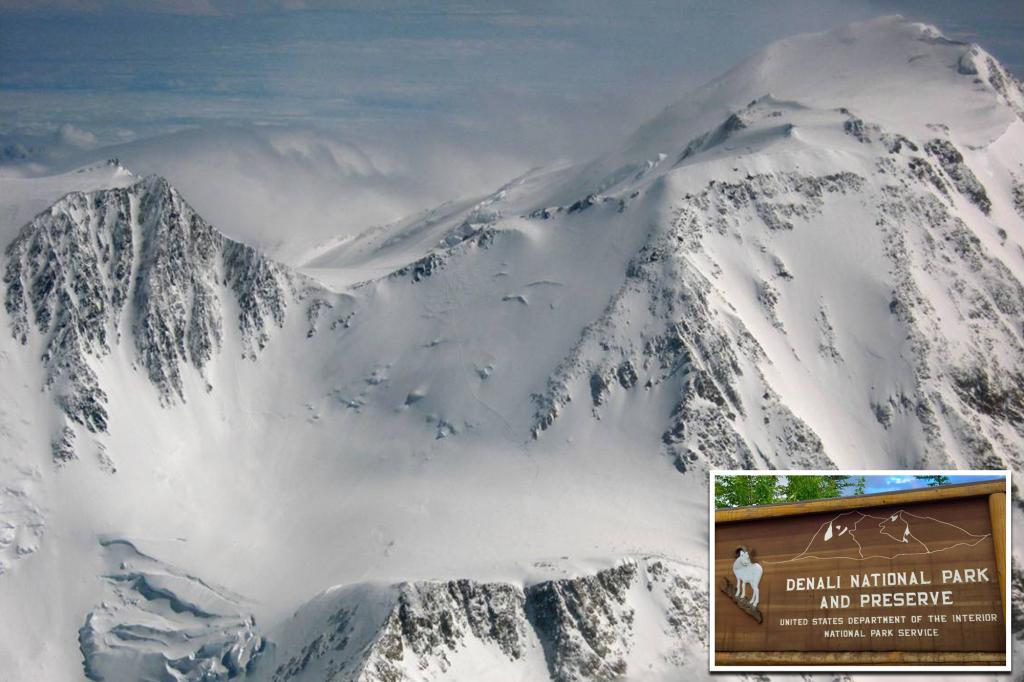A solo climber attempting to scale Denali in Alaska was found dead on Monday while climbing the highest mountain peak in North America. The body of Japanese hiker T. Hagiwara was discovered at 17,000 feet on the West Buttress route by National Park Service rangers after he apparently fell during the climb. A concerned family member contacted authorities when they had not heard from Hagiwara, who had been checking in with an InReach satellite communicator.
Denali National Park and Preserve rangers overseeing the upper mountain found Hagiwara’s empty tent at the top of a 16,200-foot ridge. Interviews with other climbers suggested that Hagiwara, from Sapporo, Hokkaido, was last seen ascending from a 17,200 plateau to the Denali Pass at 18,200 feet last Wednesday. Rescuers also gathered information from Hagiwara’s InReach device, which indicated that the device had not changed location since the previous Thursday, leading them to believe he fell from the Denali Pass that same day.
Once the weather cleared up, a spotting scope was used to locate the climber, and patrols confirmed his death when they reached the body. His body was retrieved on Monday evening, and only the first initial of his first name was released in accordance with his family’s wishes. Hagiwara is one of at least 14 climbers who have died in falls from dangerous parts of the West Buttress route since 1980, according to park officials.
The tragic incident serves as a reminder of the risks involved in high-altitude climbing, particularly on challenging routes like Denali’s West Buttress. The dangerous conditions and unpredictable weather can make these climbs incredibly treacherous, emphasizing the importance of thorough preparation, experience, and caution for climbers attempting such feats. Despite the precautions taken by climbers and the expertise of rescue teams, accidents can still happen, resulting in tragic outcomes like Hagiwara’s death.
In the aftermath of the incident, the National Park Service and other authorities involved in the rescue and recovery operations will likely conduct investigations to determine the circumstances surrounding Hagiwara’s fall and ensure that any lessons learned can be applied to improve safety measures for future climbers. The remote and rugged terrain of Denali presents unique challenges for search and rescue efforts, requiring specialized skills and equipment to navigate the treacherous mountain environment effectively.
As climbers and outdoor enthusiasts continue to challenge themselves with ambitious expeditions to remote and demanding locations like Denali, the importance of safety awareness and preparation cannot be overstated. While tragic accidents like Hagiwara’s death are a sobering reminder of the risks involved, they also highlight the resilience and dedication of the climbing community in confronting and learning from these challenges. As the legacy of those who have perished on Denali and other dangerous peaks lives on, their stories serve as cautionary tales and sources of inspiration for future generations of climbers to approach their pursuits with respect for the mountains and a commitment to safety.


